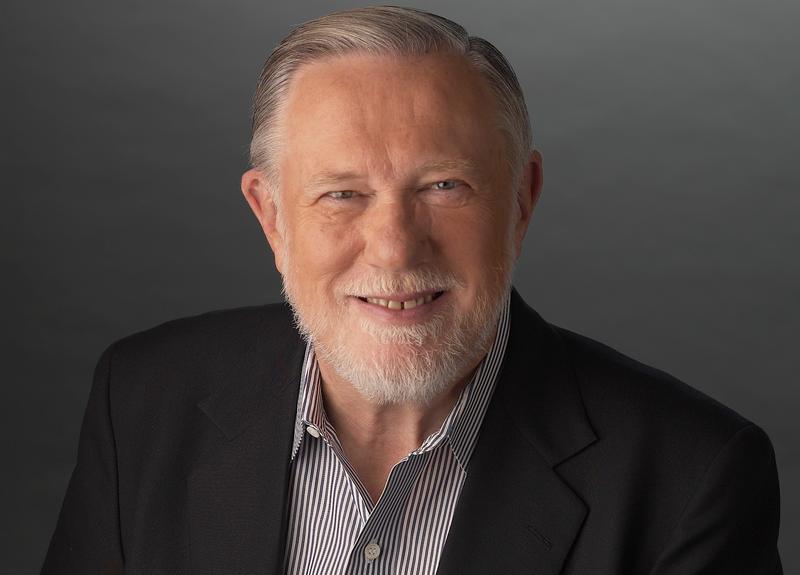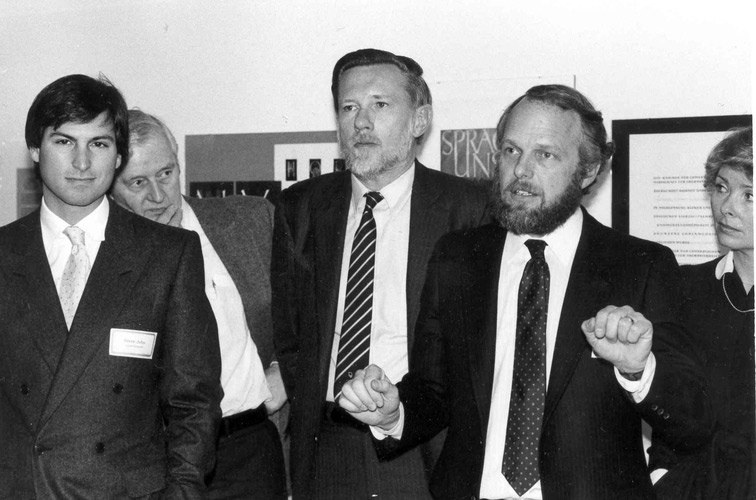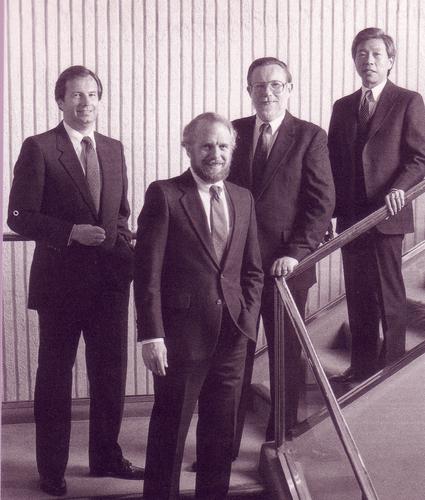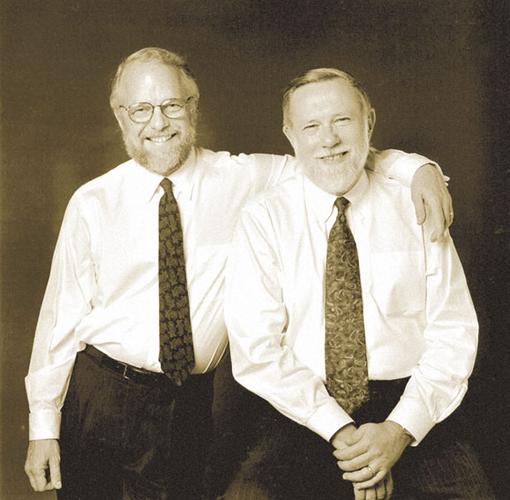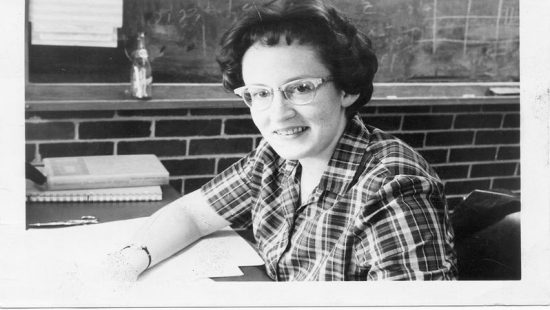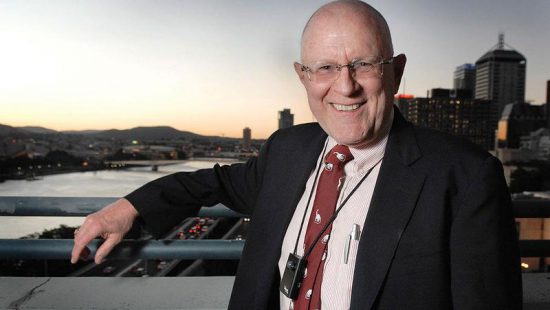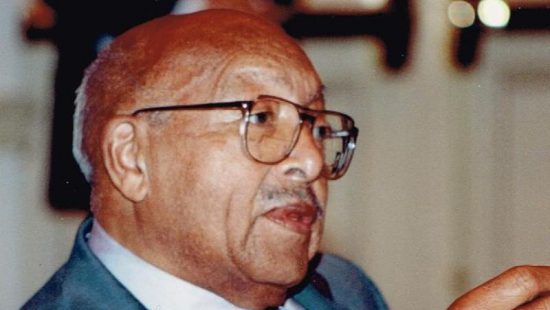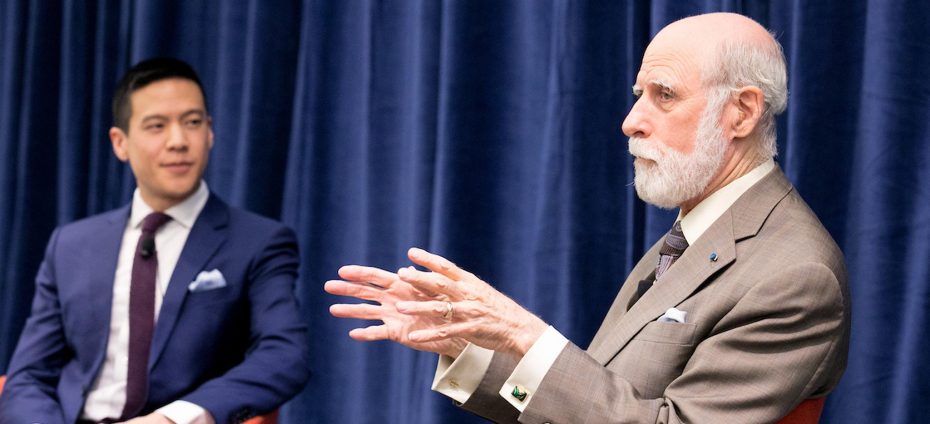Together, the team of Charles Geschke and John Warnock changed the way the world sees, creates, and transforms images and documents. If you’ve opened a PDF, photoshopped an image, or even printed something with elaborate fonts on it—you have Geschke and Warnock to thank.
Their collaboration began in the 1980s when they were both working at Xerox. They invented a page description language that allowed computers to communicate complex forms, like typefaces, to printers. When Xerox declined to go public with their invention, Geschke and Warnock left the company to found their own—Adobe Systems.
They continued to tinker with their original invention, which eventually evolved into a product known as PostScript. With their software, and hardware from a new company known as Apple, Geschke and Warnock created the first desktop publishing system. Their program allowed users to format type and compose documents, and then faithfully communicate those creations to printers. With this technology, the printing industry was transformed from being dependent on a manual, mechanical process to one that is entirely electronic and fully automated.
Adobe continued to innovate after the release of PostScript and today boasts a huge range of influential products such as Acrobat, Illustrator, Photoshop, and Premiere. Those products have had an incredible influence on the design and distribution of electronic information, made all the more powerful by the rise of the internet.
Through it all, Geschke and Warnock have prided themselves on their ability to intuit new markets before they come into being—such as their gamble that businesses would want to go paperless long before that was an option.
In the end though, they’ve tried hard to create a business they believe in. As Geschke said in a 2008 interview, “When we began, John and I wanted to build a company that we would like to work in. Why would you build a business you didn’t want to work in?”

